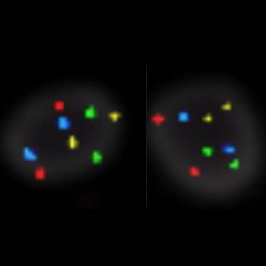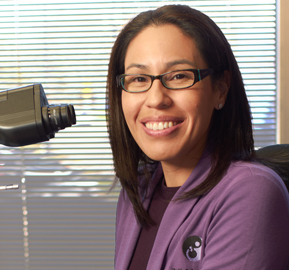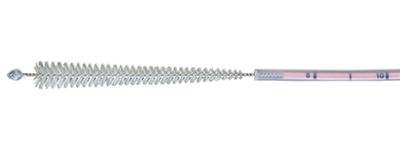PathAdvantage Journal
Welcome to our PathAdvantage Journal. We strive to keep you up to date with the latest in testing, treatments, biopsy techniques and clinical management guidelines as part of your patient care team. We also welcome dialogue, feedback and questions from providers on topics you’d like to read more about.






